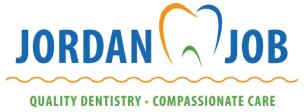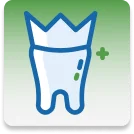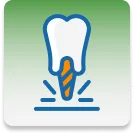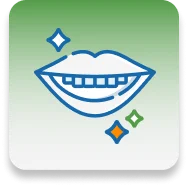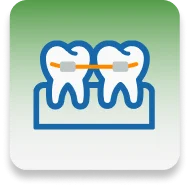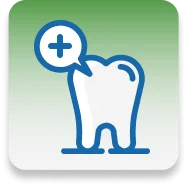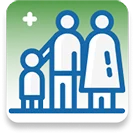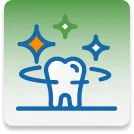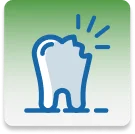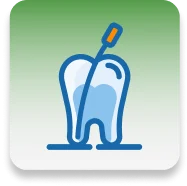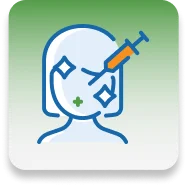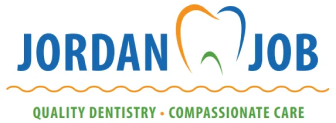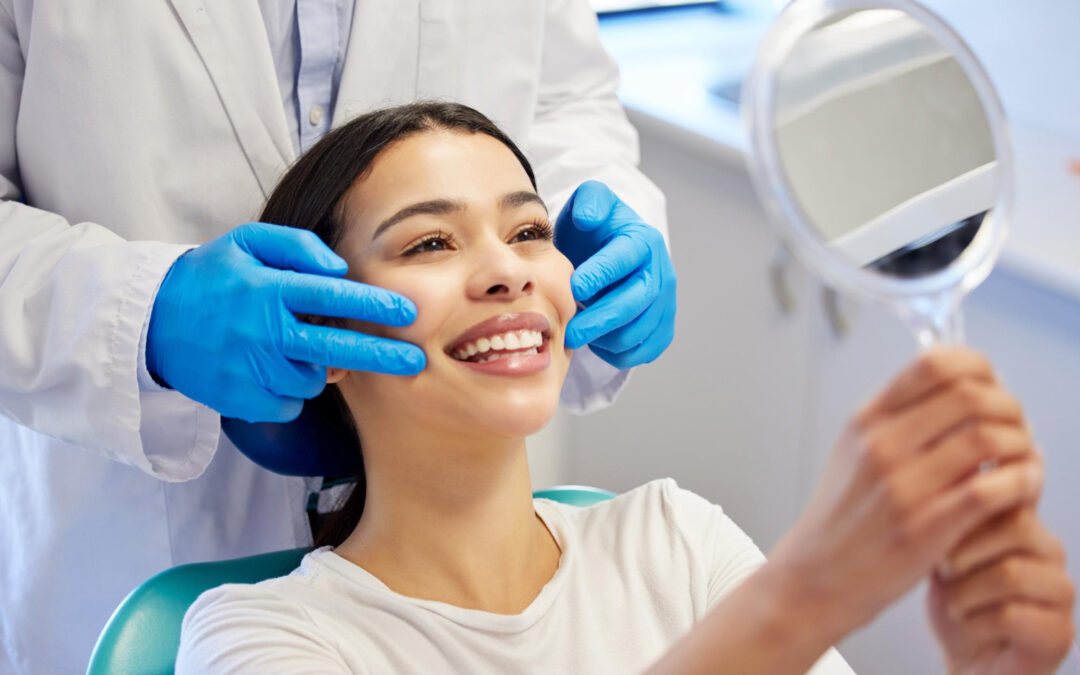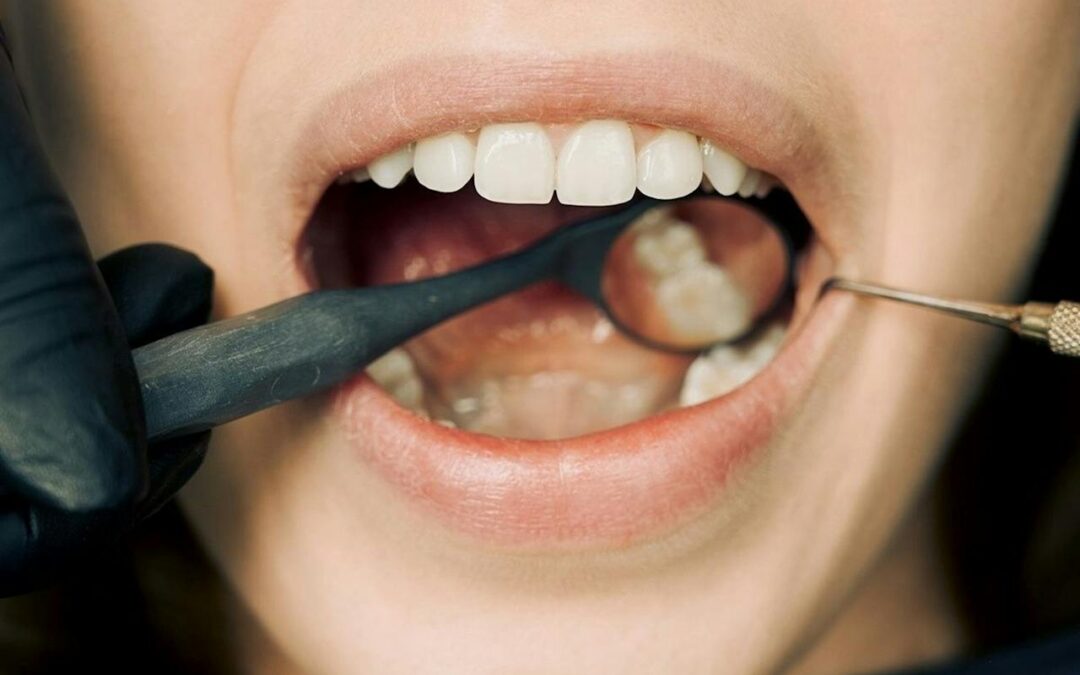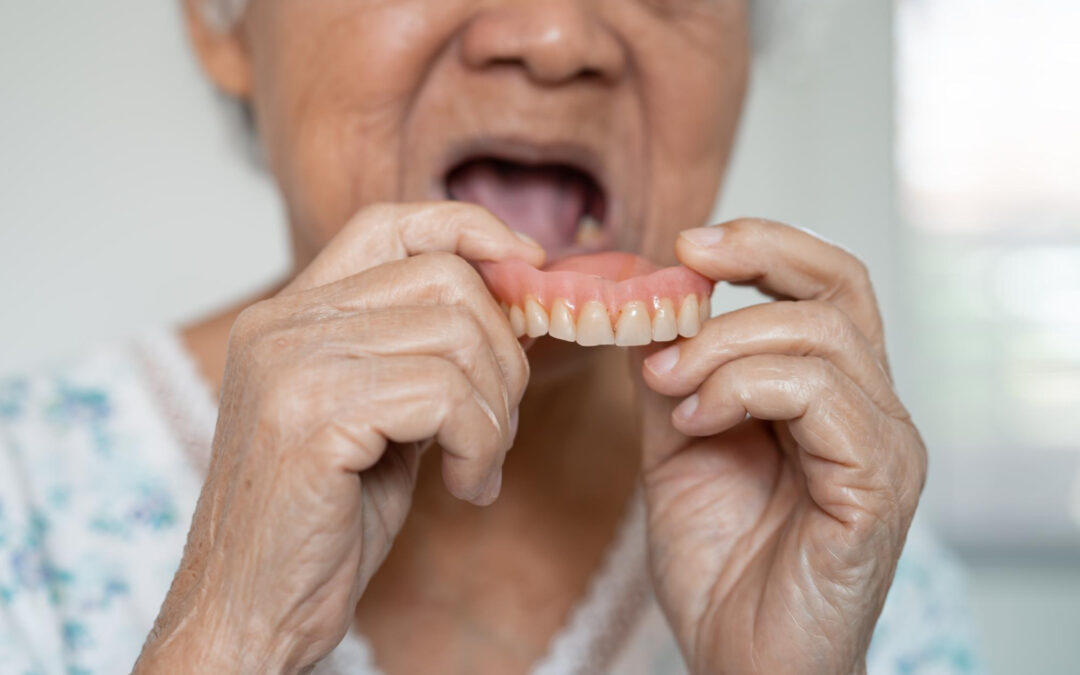Toothaches and dental emergencies can be incredibly painful and disruptive to your daily life. Knowing how to deal with these issues can make a significant difference, whether it’s a sharp, sudden pain or a dull ache that won’t go away. Dental problems can arise out of nowhere, often when you least expect them. The key is to stay calm and take the right steps to address the situation promptly.
In this article, we’ll cover the most common causes of toothaches and provide immediate steps you can take during a dental emergency. We’ll also explain how to handle specific dental emergencies, like knocked-out or broken teeth, and share tips on preventing future issues. This information can help you feel more prepared and confident when facing dental problems.
1. Common Causes of Toothaches
Cavities and Tooth Decay
Cavities and tooth decay are some of the most common reasons for toothaches. Cavities form when bacteria in your mouth produce acids that eat away at your tooth enamel. If left untreated, these cavities can reach deeper layers of the tooth, causing pain and sensitivity. Regular brushing, flossing, and dental check-ups can help prevent cavities and tooth decay. If you experience a toothache, you must visit your dentist to identify and treat any cavities.
Gum Disease
Gum disease, also known as periodontal disease, is another common cause of toothaches. It starts as gingivitis, which causes gums to become red, swollen, and bleed easily. If untreated, it can progress to periodontitis, where the bone supporting the teeth begins to deteriorate, forming pockets that become infected. This can lead to toothaches, loose teeth, and even tooth loss. Maintaining good oral hygiene and seeing your dentist regularly can help prevent gum disease and the toothaches it can cause.
Injury or Trauma
Injuries or trauma to the mouth can also cause toothaches. This can include accidents, sports injuries, or biting down on something hard. A cracked or broken tooth can lead to pain, making it difficult to eat or speak comfortably. If you have an injury or trauma affecting your teeth, seeking immediate dental care is crucial. Your dentist can assess the damage and provide the necessary treatment to alleviate pain and prevent further issues.
Dr. Job has an emergency line where he can be reached after hours. He may be able to see you that same day.
2. Immediate Steps to Take During a Dental Emergency
Pain Relief at Home
If you’re experiencing a toothache or dental emergency, there are several steps you can take at home to alleviate pain. Rinse your mouth with warm salt water to reduce inflammation and clean the affected area. Over-the-counter pain relievers like ibuprofen can help manage pain and swelling. Applying a cold compress to the outside of your cheek can also reduce swelling and numb the area. However, these are temporary solutions, and you should see a dentist as soon as possible.
When to See a Dentist
Knowing when to see a dentist during a dental emergency is crucial. If you have a severe toothache that lasts more than a day or is accompanied by fever, swelling, difficulty swallowing, or a foul taste in your mouth, you should seek immediate dental care. These signs can indicate an infection or other serious issue that requires professional attention. Prompt treatment can prevent complications and help you recover more quickly.
What to Avoid Doing
During a dental emergency, certain actions can worsen the situation. Avoid using aspirin directly on your teeth or gums, as it can burn the tissue. Don’t ignore persistent pain, hoping it will go away on its own; delaying treatment can lead to more severe problems. Refrain from eating hard or sticky foods that can exacerbate the pain or cause further damage. Always follow your dentist’s recommendations and avoid self-medicating with unsuitable remedies.
3. Handling Specific Dental Emergencies
Knocked-Out Tooth
If you knock out a tooth, acting quickly can increase the chances of saving it. First, find the tooth if possible. Handle it by the crown, not the root, to avoid damaging any tissue. Rinse it gently with water if it’s dirty, but don’t scrub it. Try to reinsert the tooth into the socket and gently bite down on a clean cloth to hold it in place. If you can’t reinsert it, keep the tooth in a saline solution. Seek immediate dental care, as time is critical for successfully reattaching the tooth.
Cracked or Broken Tooth
A cracked or broken tooth can be painful and sometimes visible. Rinse your mouth with warm water to clean the area, and apply a cold compress to reduce swelling. Avoid chewing on the affected side and stick to soft foods. Pain relievers can help manage discomfort until you can see your dentist. It is important to get professional treatment to prevent further damage and address any underlying issues.
Abscess and Infection
An abscess is a pocket of pus caused by a bacterial infection, and it can cause severe pain, swelling, and fever. Rinse your mouth with a mild saltwater solution several times daily to reduce pain. Pain relievers can help manage your discomfort. It’s crucial to see your dentist immediately if you suspect an abscess, as it can lead to more serious health problems if left untreated. Your dentist will likely prescribe antibiotics and might need to drain the abscess.
4. Preventing Future Dental Emergencies
Good Oral Hygiene Practices
Maintaining good oral hygiene is the best way to prevent dental emergencies. Brush your teeth at least twice a day using fluoride toothpaste. Floss daily to remove plaque and food particles between your teeth. Consider using an antibacterial mouthwash to reduce bacteria and keep your mouth clean. Good oral hygiene helps prevent cavities, gum disease, and other dental issues that can lead to emergencies.
Regular Dental Check-Ups
Regular dental check-ups are essential for preventing dental emergencies. Visit your dentist every six months for a routine cleaning and examination. During these visits, your dentist can detect early signs of problems like cavities, gum disease, and other issues before they become more serious. Regular check-ups also allow you to discuss any concerns or changes you’ve noticed in your oral health.
Protective Gear for Sports and Physical Activities
If you participate in sports or other physical activities, utilizing protective gear can help prevent dental injuries. Wear a mouthguard to protect your teeth from impact. Helmets and face shields can also provide additional protection during activities like biking, hockey, and football. Investing in the right protective gear can save you from painful and costly dental emergencies.
Conclusion
Dealing with a toothache or dental emergency can be stressful, but knowing what steps to take can make the situation more manageable. From understanding common causes of toothaches to knowing when to seek professional help, being prepared can save you a lot of pain and trouble. Immediate actions, such as pain relief at home and proper handling of dental injuries, are crucial until you can visit your dentist.
If you experience a dental emergency or need regular dental care, look no further than Jordan M. Job DDS. We’re here to help you with all your dental needs and ensure you have a safe and pleasant experience. We pride ourselves on making sure you are taken care of with same-day emergency appointments! Call us today so we can see you for your emergency dentistry appointment as soon as possible.
